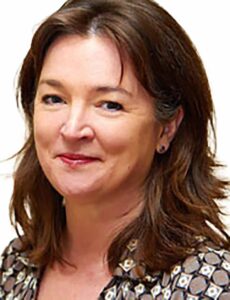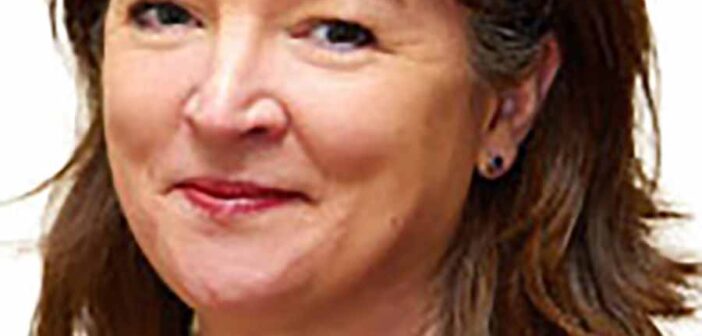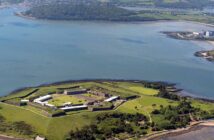
Munster Technological University (MTU) and the Dingle Peninsula Tourism Alliance (DPTA) will host the International Regenerative Tourism Conference on November 19-20, 2024, bringing together global delegates to discuss sustainable tourism practices.
The conference aims to foster a balanced and holistic approach to tourism, benefiting businesses, communities, and the environment, with diverse attendees including tourism professionals, academics, and policymakers.
The event builds on previous collaboration between MTU, DPTA, and The Tourism Space, who partnered in a European Union-funded initiative called ‘Circular Economy for Regenerative Tourism’ (CE4RT), supporting sustainable practices among businesses across five countries.
Kerry tourism businesses benefiting from CE4RT include ten from the Dingle Peninsula and others from across Ireland, receiving over €8,000 each for training, mentoring, and networking opportunities to enhance their regenerative tourism efforts.
The delegates will hear from representatives of the Dingle Sustainability Energy Association, Fáilte Ireland, Kerry County Council and Dublin City Council and will also travel around the Peninsula to visit communities and businesses who are leading the way in regenerative practices, including Anne’s Coffee Shop in Camp, Maharees Conservation Group, Castlegregory Community Council, Louis Mulcahy Pottery and Gallarus Oratory and Visitor Centre.
Mary Rose Stafford, Executive Head of School of Business, Computing and Humanities at MTU shared ‘Regenerative Tourism is an approach to business development that makes a positive impact by championing the local place, benefitting host communities, tackling climate action, empowering visitors and delivering long term sustainability and profitability’.
Caroline Boland from DPTA shared ‘As destinations like the Dingle Peninsula are heavily reliant on tourism with one in five jobs in tourism in Kerry, we need to constantly be aware of the impact that tourism can have on both the environment and our communities. Participating in this CE4RT EU project has given the participating businesses new ideas in terms of the circular economy, visitor experiences, biodiversity, climate action and reiterated the importance of our Irish language, heritage and culture.’




